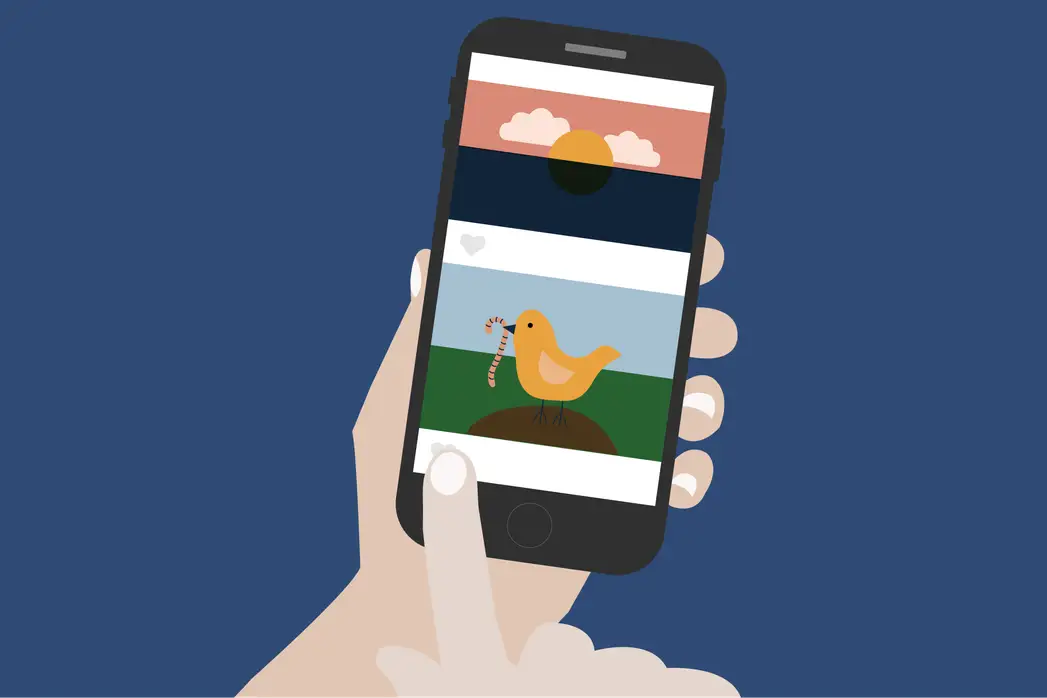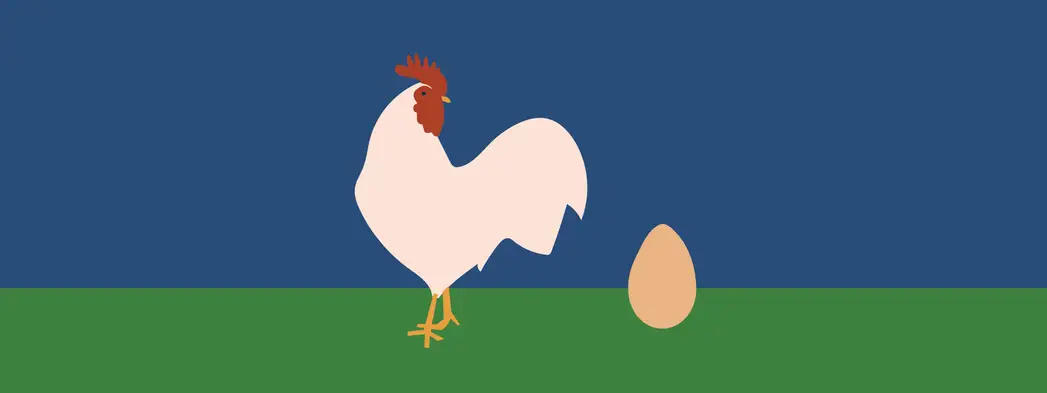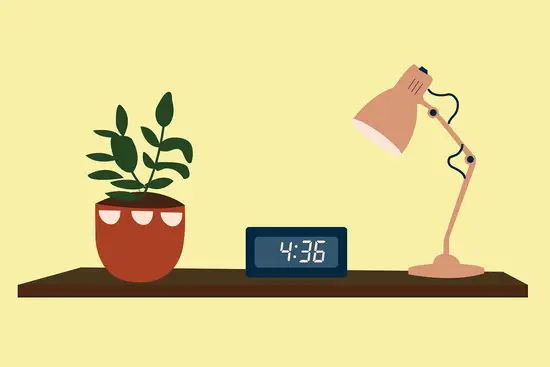Key points
We’ve seen an explosion in the use of social media platforms over the past decade, and how we are using social media is having a massive impact on our sleep. So in this article we’re going to explore exactly how social media affect sleep. We’ll cover:
- Why we should all try to limit screentime as bedtime approaches.
- How social media affects our sleep habits and can lead to sleep deprivation.
- Steps you can take to reduce the impact of social media on your sleep.
Social media and sleep
How many of us would admit to taking our phone to bed and scrolling through Facebook/Insta/Twitter before falling asleep? For lots of people, young and old, it’s now the norm to sleep with a mobile phone in our bedroom.1 2
Polls have shown that browsing social media is now one of the most common pre-sleep activities, between going to bed and falling sleep. While it might feel relaxing to lie in bed and check a newsfeed, the reality is that this constant connectivity can have major negative effects on our sleep.
Are your social media habits leaving you feeling sleep deprived?
Do you want to take back control of your sleep? Sleepstation can help. Our programme builds on core sleep improvement principles with personalised support tailored to you.
The rise of social media
In 2012, only 5% of adults were using social media; this had shot up to 70% at the last count (2020) and it’s even higher in younger adults, at over 90%.3
There’s also been huge increases in how long we spend on social media: amongst 16-64 year olds, average time spent has been creeping up, from 90 minutes per day in 2012, to now being about two and a half hours per day.4 This equates to around 1/6th of our waking hours!
But what happens when staying connected continues into bedtime? How exactly does social media affect your sleep? Read on to see how your bedtime social media habits might be stopping you from getting a good night’s sleep.
Mobiles and melatonin: how looking at your phone can affect your sleep
It’s well-established that looking at phone screens can impact sleep. Mobiles emit mostly blue light, and these wavelengths are particularly good at keeping us productive and focussed, so perfectly suited for daytime phone usage.
At night-time, however, this isn’t ideal. At its simplest, exposure to light tells us to be awake, so looking at a bright light from a phone just before bed is telling your body it’s still time to be awake and not sleep time.
In the hours leading up to bedtime, as natural light levels decrease, our brains start to produce a hormone called melatonin, which causes our alertness to begin to dip. It signals to our bodies to wind down and prepare for sleep.
The blue light emitted by mobile phones affects your melatonin levels more than any other wavelength does. It signals to your brain that it’s daylight, melatonin production is suppressed and sleep becomes delayed.5
Without melatonin signalling to us that we are sleepy, we remain awake and alert, in a state of ‘cognitive arousal’.
Cognitive arousal: getting wound up when you should be winding down!
When you go to bed, your brain is preparing for sleep, but by looking at social media, you’re providing endless stimulation, signalling to your brain and body to remain active and keep engaged.
It’s not simply the fact that you’re looking at social media which keeps you awake, the type of content has a big impact too.
How it affects you emotionally (for example, after viewing a sad video), socially (a group chat on WhatsApp) and cognitively (reading content that gets you thinking) are all very important in determining the knock-on effects it has on sleep.6 7
Passively scrolling through a newsfeed before turning off is less engaging and will affect your sleep less than getting involved in a heated debate on twitter.
Similarly, photo-sharing platforms (generally more passive participation) will have less impact on sleep than those which actively engage their users to respond, such as messaging sites.8
This comes down to how much involvement the interaction calls for. Looking at photos can be done quite serenely. Debating global politics is going to call for a more involved interaction.
The take home from this is that if you must use social media before you go to sleep, try to avoid areas that will stimulate you and demand high levels of engagement.
Delayed bedtime: time spent surfing should be spent snoozing
How many times have you thought you’d just quickly check your social media account before going to sleep, only to find yourself falling down a rabbit hole of entertaining videos, photos, funny comments, chatting with friends, reading newsfeeds…? And just like that, an hour or even two have passed.
When we finally put down our phones, it also takes us longer to fall asleep, the quality of sleep is reduced and you wake up feeling sleepy and unrefreshed.9
Your bedtime has been displaced and additionally, you’ve lost some valuable sleep time, so your sleep duration will generally be shorter. Sleep displacement by social media is well-recognised amongst adolescents, and recent studies are beginning to show similar effects across adult age groups, too.
For people still in education, who have early start times, this is a particularly bad combination. For adults, this often leads to later wake-up times and has a knock-on effect on time available to complete tasks over the coming day.5 8
Fear of missing out (FOMO)
A study from 2012 found that young people spend 54% of their internet time on social media.10 In teenagers, the fear of missing out (FOMO) and social disapproval are driving forces in the use of social media at night time. If you’re not connected, then you’re missing out; everybody else is online, so why are you not?9
Studies are starting to show similar results in adults; FOMO is definitely not unique to teenagers.8
Sadly, FOMO can feel like a no-win situation: you log off, but feel guilty because you’re no longer responding immediately to notifications, you can lose sleep worrying about what you’re missing and what people will think of you for not being available.
Or, you stay online and your sleep is compromised, you’re setting yourself up for anxiety, poor focus and increased risk of depression.
There’s no need to feel like you have to be available 24/7; we need to move away from these ways of thinking. Logging off or taking a break is totally fine. The bottom line is simple: we all need to sleep.
Denying yourself sleep to appear constantly online is just sabotaging your own well-being. Sleep deprivation can negatively affect your health in many different ways, so it seems crazy that we’d put our wellbeing at risk just to keep up to date on social media.
If you feel like you’re struggling to disconnect and your sleep is being compromised, the team at Sleepstation can provide you with the tools you need to get a good night’s sleep.

Disturbed sleep: alerted by all those alerts
When you do eventually fall asleep, this isn’t the end of social media’s hold on your brain. Message alerts, notifications, texts, updates…
In our eagerness to appear always available and connected, many of us further jeopardise our sleep by keeping our phone within grasp, on vibrate or unmuted.
Plus, once sleep has been disturbed by an alert, we often remain awake thinking about and anticipating further beeps and pings, which leads to fragmented sleep.
The best way to avoid this is to turn your phone off, put it on airplane mode or leave it on silent. Keeping it out of the bedroom at night would be ideal, but if this feels like a step too far, leave it on the other side of the room, as far away from your bed as possible.
The chicken and the egg: insomnia and social media

It’s the middle of the night and you find yourself unable to sleep, so you reach for your phone and check your social media accounts.
It’s an easy distraction from whatever is keeping you from sleeping, but then you find you can’t disengage, so you keep scrolling, you become more alert, so you can’t sleep. It’s a vicious cycle.
Research is now underway to examine the relationship between insomnia and social media use, and two important questions are being asked:
- Does night-time social media use cause insomnia? Or
- Do people with insomnia use social media to cope with their sleep problems?11
This angle is now being examined in greater depth, so for some, night-time social media usage may actually be their way of coping with a sleep problem, as opposed to causing it.
Positive steps you can take
Social media has many good points; it connects people, can bring friends and families closer together, it informs us and is entertaining. But sleep and social media do not make for good bedfellows.
We need to be mindful of how often and at what times we connect. Social media usage around bedtime can have major repercussions for your sleep.
Reducing exposure to social media can help you to disconnect and may improve your sleep quality.
Ideally, aim to wind-down your usage in the 2 hours before bedtime, but at a minimum, at least 30 minutes before bed.
Instead of scrolling through your phone, screen-free time will help prepare you for sleep. Maybe read a book, relax, take a bath, listen to music. Try whatever works to relax you, without involving looking at a screen.
If possible, keep your phone out of your bedroom at night! Buy a cheap alarm clock and leave your phone on charge in another room. You want to aim to create an ideal bedroom setup for good sleep, which means limiting distractions in the bedroom and making the space an inviting, calm and comfortable place to retreat to.
If you think you’re developing unhealthy sleep patterns due to social media then speak to us at Sleepstation. We can work with you to get to the root cause of your sleep issues and we’ll help you to improve your bedtime sleep habits.
Summary
- Social media usage around bedtime can negatively affect how long and how well you sleep.
- Looking at social media in bed can make it harder for you to fall asleep.
- It can also reduce the amount of time you sleep for and leave you feeling unrefreshed the next day.
- Try to limit (or stop) social media use a couple of hours before bedtime, to allow your body to wind down and prepare for sleep.
- If possible, keep your mobile phone out of the bedroom-easier said than done!
References
- Woods HC, Scott H. #Sleepyteens: Social media use in adolescence is associated with poor sleep quality, anxiety, depression and low self-esteem. J Adolesc 2016;51:41–9. ↩︎
- Lenhart A, Ling R, Campbell S, Purcell K. Teens and Mobile Phones. Pew Research Center; 2010. ↩︎
- Internet access – households and individuals – Office for National Statistics [Internet]. Ons.gov.uk. 2021 [cited 7 December 2021]. Available here. ↩︎
- Clement J. Daily social media usage worldwide 2012-2019. Published by J. Clement, Feb 26; 2020. Available here. ↩︎
- Bhat S, Pinto-Zipp G, Upadhyay H, Polos PG. “To sleep, perchance to tweet”: in-bed electronic social media use and its associations with insomnia, daytime sleepiness, mood, and sleep duration in adults. Sleep Health 2018;4:166–73. ↩︎
- Scott H, Woods HC. Understanding links between social media use, sleep and mental health: Recent progress and current challenges. Curr Sleep Med Rep 2019;5:141–9. ↩︎
- van der Schuur WA, Baumgartner SE, Sumter SR. Social media use, social media stress, and sleep: Examining cross-sectional and longitudinal relationships in adolescents. Health Commun 2019;34:552–9. ↩︎
- Levenson JC, Shensa A, Sidani JE, Colditz JB, Primack BA. The association between social media use and sleep disturbance among young adults. Prev Med 2016;85:36–41. ↩︎
- Scott H, Biello SM, Woods HC. Identifying drivers for bedtime social media use despite sleep costs: The adolescent perspective. Sleep Health 2019;5:539–45. ↩︎
- Thompson SH & Lougheed E. Frazzled by Facebook? An Exploratory Study of Gender Differences in Social Network Communication among Undergraduate Men and Women. College Student Journal 2012;v46 n1 p88-98 Mar. ↩︎
- Tavernier R, Willoughby T. Sleep problems: predictor or outcome of media use among emerging adults at university? J Sleep Res 2014;23:389–96.
↩︎


